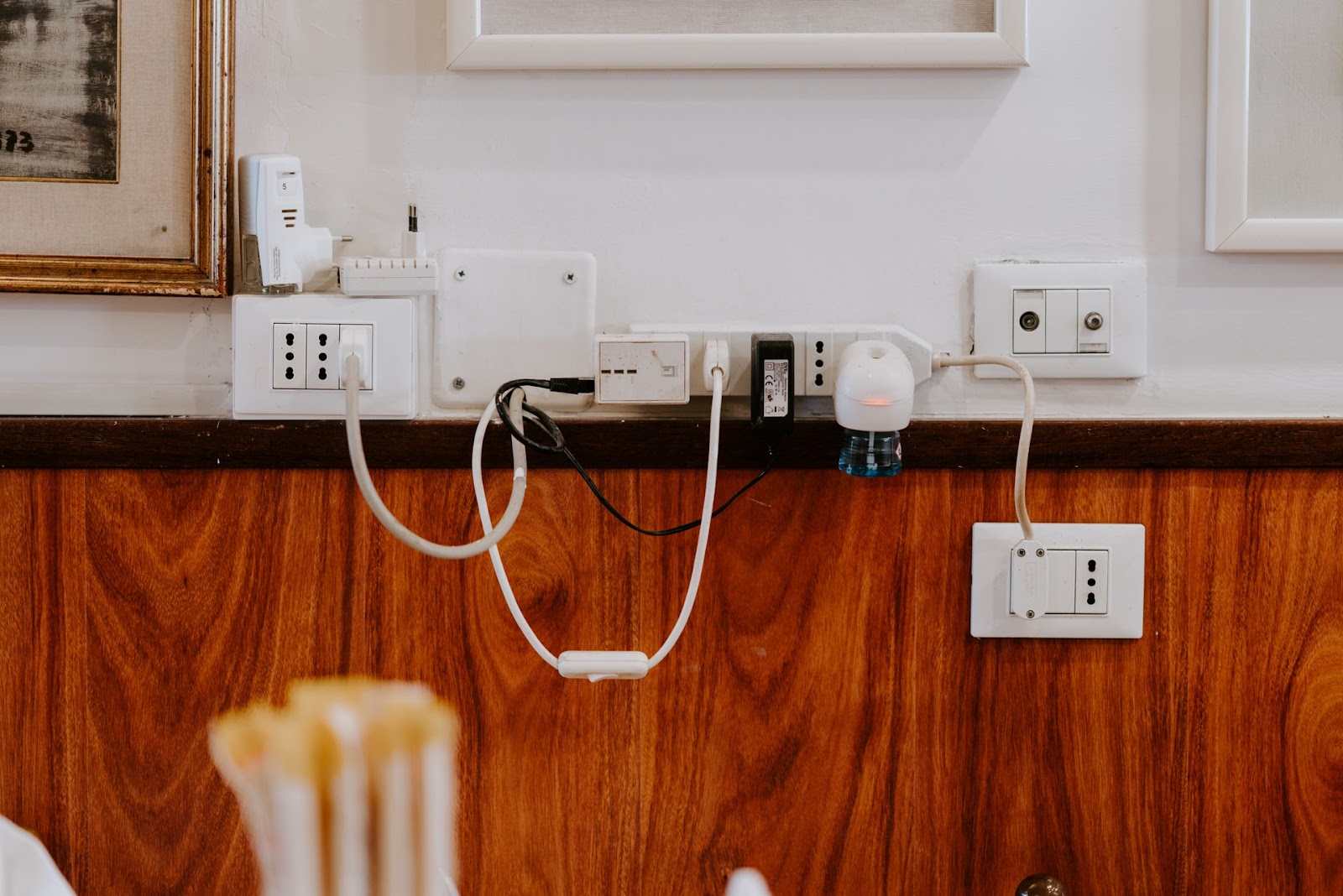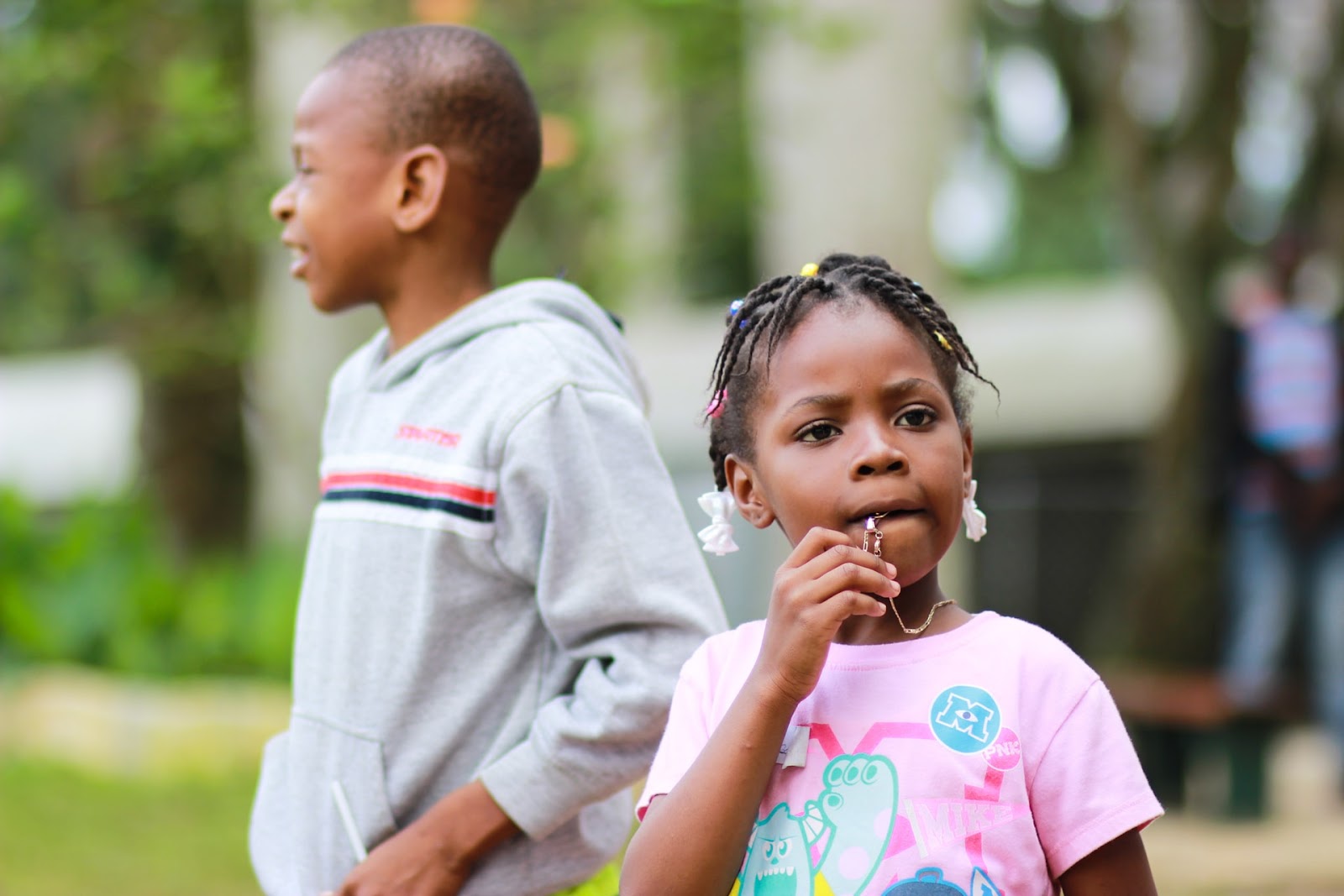Landlord Blog
Education and news for smart DIY landlords!
Five Common Home Hazards to Watch for (And Safety Tips)

Your home should be a place of comfort where you feel the safest and most protected. However, sometimes we get too comfortable that we forget accidents can still happen. In fact, according to the National Safety Council (NSC), more the half (56.4%) of injury-related accidents occur at home.
As a homeowner, your responsibility is to make sure you and your family are out of harm’s way. To ensure the safety of your loved ones, here are five common home hazards to watch for, along with safety tips on preventing them.
1. Falls
Falls are a common hazard in most home settings and the leading cause of death from home accidents. It’s especially true for kids and older people. To prevent falls from happening, keep everyone in the house safe by doing the following:
- Keep the floor dry at all times. Put dry and non-slippery mats, especially in the comfort room and kitchen. When water spills on the floor, mop it dry right away.
- Install a gate, fence, or any barrier off your stairs to prevent children from climbing up and down.
- As much as you want to save electricity, some parts of the house should be well-lit to prevent anyone, especially seniors, from falling.
2. Fires

Things that create fire — a stove, candles, or lighters — are considered home hazards. Carefully check these things before leaving the house or sleeping during the night. Some safety tips to prevent house burns and fire deaths include the following:
- Keep away anything that can cause fire to children. Candles and lighters (for those smoking) should be responsible enough to put them somewhere safe, like a shelve or cabinet that children can’t reach.
- Install a smoke detector and fire alarm in your house.
- Designate an area where a fire extinguisher is accessible to everyone.
- Unplug all the electric wires such as the electric fan, television, and laptop when not in use.
3. Drowning
Some houses have swimming pools and bathtubs where children love to take a bath and play. Children ages one to four years old are at risk of drowning, especially when left unsupervised. Here are tips to keep your kids safe even in the sight of massive water.
- Install pool cover-ups to prevent your children from going to the pool anytime they like.
- Drain pool or bathtubs.
- Don’t leave your children alone when swimming or taking a bath.
4. Choking

Choking happens when something, such as food or an object, obstructs someone’s throat. It often happens when an individual eats too fast. Choking is common in younger children and older people. A few practical measures you can do include:
- Teaching your children to chew their food slowly. Train them not to be in a hurry when eating.
- Preparing their food by slicing it into tiny bits. Remove any sharp parts or bones in the fish or chicken ahead of time.
- Not tolerating children eating small objects or toys during playtime. They might swallow it unintentionally.
5. Poisoning
Poison can victimize anyone in the house. Yes, you’re not an exemption. With this, be responsible for placing materials (mostly liquid products) and dietary supplements in a designated close area as much as possible. To keep everyone safe in the house, here are safety hazard tips.
- Place all cleaning materials and anything with toxic chemicals safely in a closed cabinet. It should be high enough for children to reach them.
- Don’t put any oral medications and supplements anywhere in your house. Children might think of it as candy and will take it in.
- Don’t store old containers and bottles inside the house. If not yet opened, check the expiry date and throw it away if you don’t need them.
Conclusion
Accidents can happen at any time, but some are preventable if you’re being careful. Learn to make your home a safe environment to live in, especially for the children and the elderly. Now that you’re aware of the potential home hazards, you can apply the safety tips in this article to help minimize the risk as much as possible. And while you can’t always protect yourself and your family from the dangers of the world, at least you can say with confidence that it’s safer at home.
